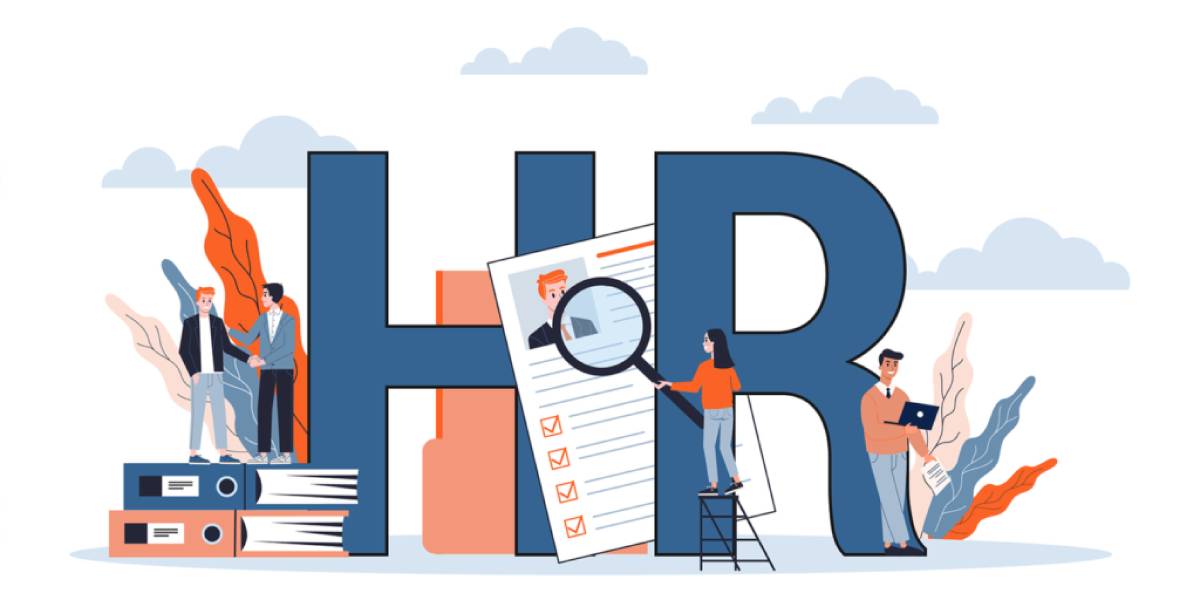Compensation analytics is all about using data to understand how employees are impacted by pay and benefits, and the company’s performance. It involves considering such things as salaries, bonuses, and perks to see whether they affect the employees’ performance, and happiness, and if they stay with the company or not. Through the analysis of this data, firms can make more informed decisions on how they pay their employees, such as adjusting salaries, creating better bonus programs, and ensuring that all employees are paid fairly. In the end, it assists companies to hire and retain the right people. It can also help them achieve their goals by focusing on what is important to their people and market.
The Impact of Compensation Analytics
- Identify Trends: HR professionals can utilize compensation analytics to uncover any existing common tendencies and patterns in how employees are paid throughout the company. This can be done by looking at whether certain jobs get high raises or not and whether there is a particular time when the company gives out bonuses.
- Ensure Pay Equity: This process of compensation analysis can help HR professionals identify any discrepancies or inequities in the pay of employees. Furthermore, they can take care of the workers and make sure that the employees are being paid fairly for the work they do regardless of factors like gender, race, and other demographics.
- Benchmark Salaries: Compensation analysis is a tool that helps HR specialists in their comparison of the salaries and benefit packages of an organization with the industry standards. This is another way of ensuring that the organization’s compensation packages are competitive and attractive to potential employees, to avoid losing them to competitors who pay higher packages.
- Drive Performance: R analysts can use compensation analytics to tie up the compensation strategies with performance measures and business outcomes. This way, employees who meet or exceed their performance targets are rewarded through bonuses, raises, or other benefits. These rewards motivate them to perform well and ensure the company’s success.
Utilizing Compensation Analytics for HR Decisions
Compensation analytics influences HR decisions in various ways:
- Salary Adjustments: HR can make the correct decisions on salary raises, bonuses, and promotions based on the compensation data. They can identify trends and patterns so that corrections are timely and appropriate and match the level of workforce performance and competition standards.
- Compensation Planning: Compensation analytics enable the HR to develop short-term and long-term compensation plans and budgets. HR can perform its functions of forecasting and projecting future needs accurately so that it can effectively allocate the resources for attracting and retaining talent within the budget.
- Reward Systems: HR can use compensation analytics to improve pay-for-performance reward systems. By assessing the efficiency of the current incentive programs and identifying their weak points, HR can develop reward systems that will motivate employees to achieve the company’s goals.
- Policy Formation: Compensation analytics is the core of the drafting and reviewing of compensation policies based on fact. Analytics can provide HR with the right analytics to ensure that policies are just, fair, and aligned with legal and regulatory requirements, which will lead to more transparency and trust in the organization.
The benefits of compensation analytics
The benefits of compensation analytics are numerous and impactful:
- Informed Decision-Making: Compensation analytics gives HR professionals a chance to have an in-depth analysis and data-driven evidence that informs their decisions on compensation strategies, salary adjustments, and incentives.
- Enhanced Pay Equity: Analysis of compensation data allows organizations to understand and address the pay gaps that promote inequality and unfairness in the workplace.
- Improved Recruitment and Retention: Remuneration analysis is an important tool for organizations to provide the best salary packages and benefits that make them more appealing to the best candidates, and thus decrease the attrition rates.
- Optimized Budget Allocation: The ROI can be maximized through budget allocation, which is possible after forecasting compensation needs and reviewing the spending patterns.
- Performance Alignment: Compensation analytics is about linking compensation with performance metrics and business goals, thus, motivating employees to achieve their goals and move the organization forward.
- Compliance and Risk Mitigation: Through the monitoring of adherence to legislative and regulatory requirements, compensation analytics helps organizations reduce legal risks and remain compliant with labour laws and regulations.
Unlock the power of data-driven compensation decisions with Time Champ! Sign up now to access advanced analytics that will help you improve your compensation strategies.
Ready to transform your compensation plans? Schedule a demo with Time Champ today to see how our platform can help you attract and keep top talent in today’s competitive market. Don’t miss out on the chance to elevate your compensation management and achieve your business goals.
FAQs
In compensation analytics, various types of data are analyzed, including salary information, bonuses, commissions, benefits, performance metrics, employee demographics, and market benchmarks.
Compensation analytics can improve employee retention by identifying factors influencing turnover, such as pay disparities, and enabling organizations to adjust compensation strategies to better meet employee needs and market standards, ultimately increasing satisfaction and loyalty.
Tools commonly used for compensation analytics include HR software systems with built-in analytics features, specialized compensation management software, spreadsheet programs like Microsoft Excel, and dedicated business intelligence platforms.
Yes, small businesses can benefit from compensation analytics by gaining insights into their compensation practices, identifying areas for improvement, ensuring fair and competitive pay, and making informed decisions to attract and retain talent effectively.

